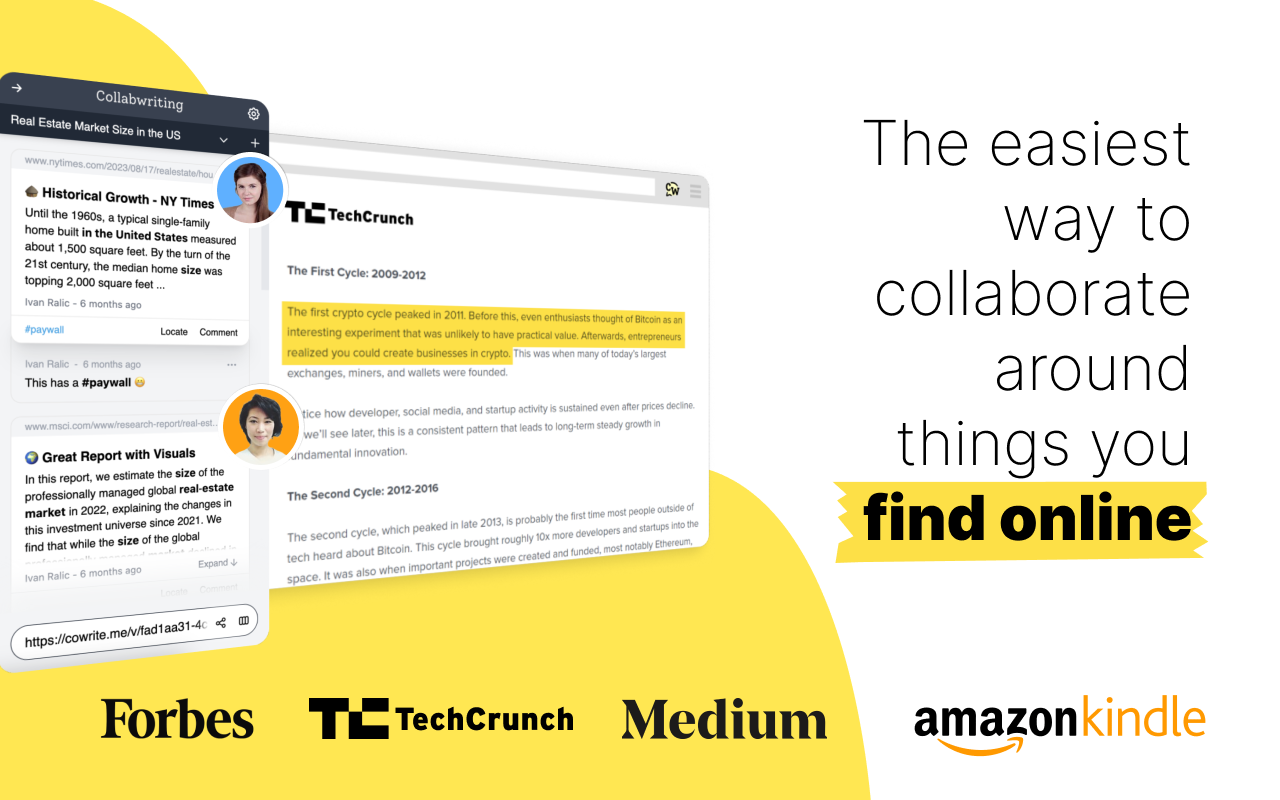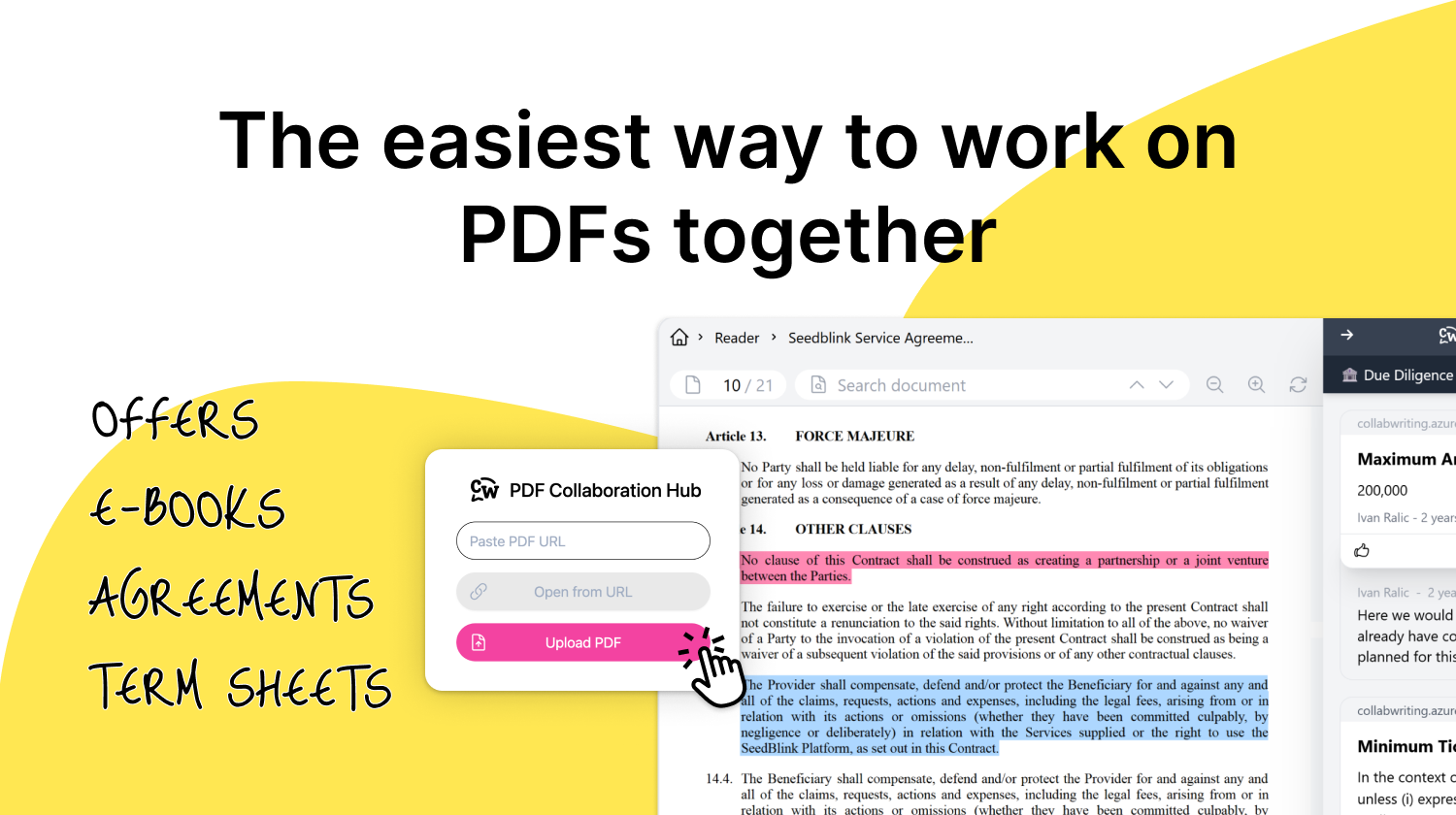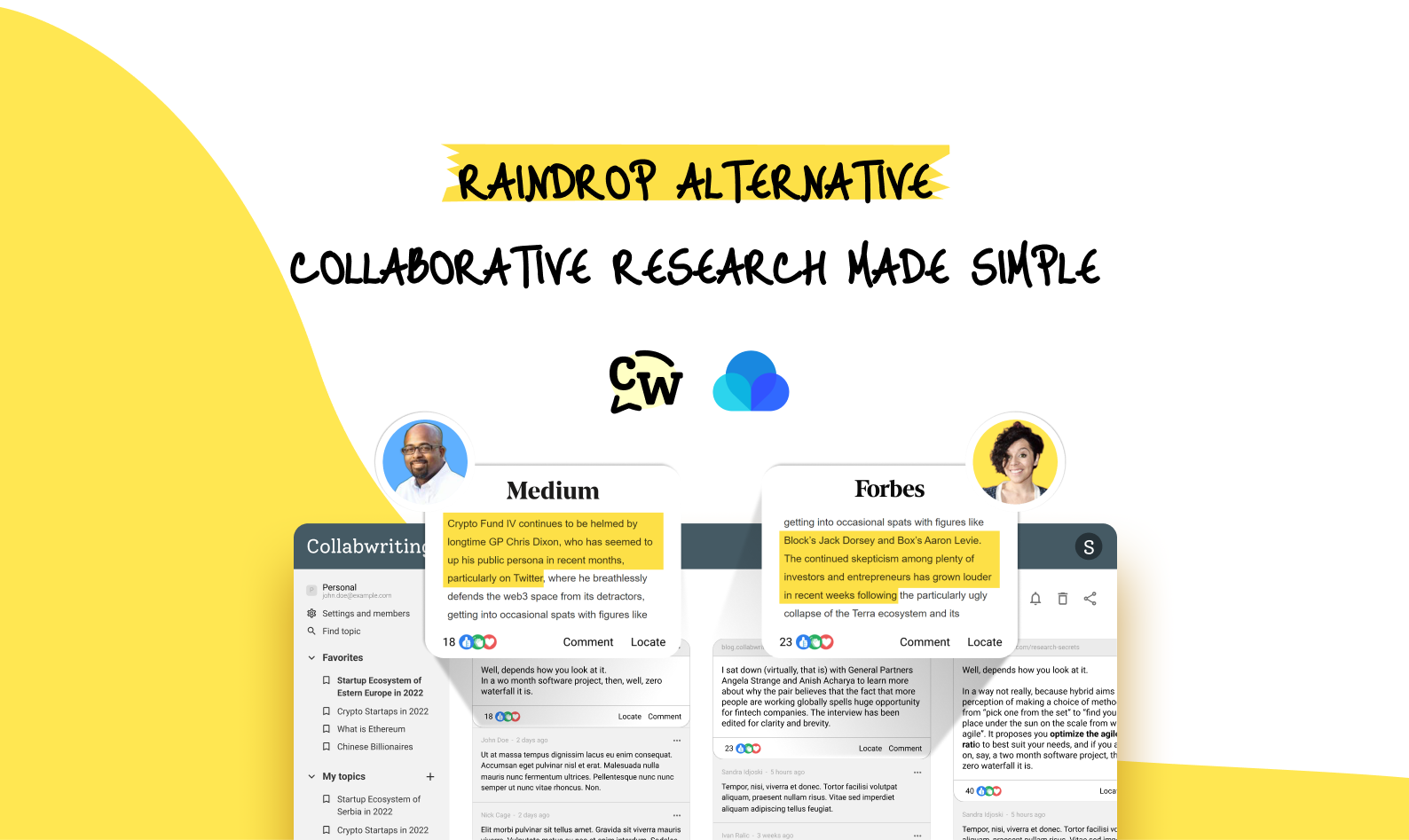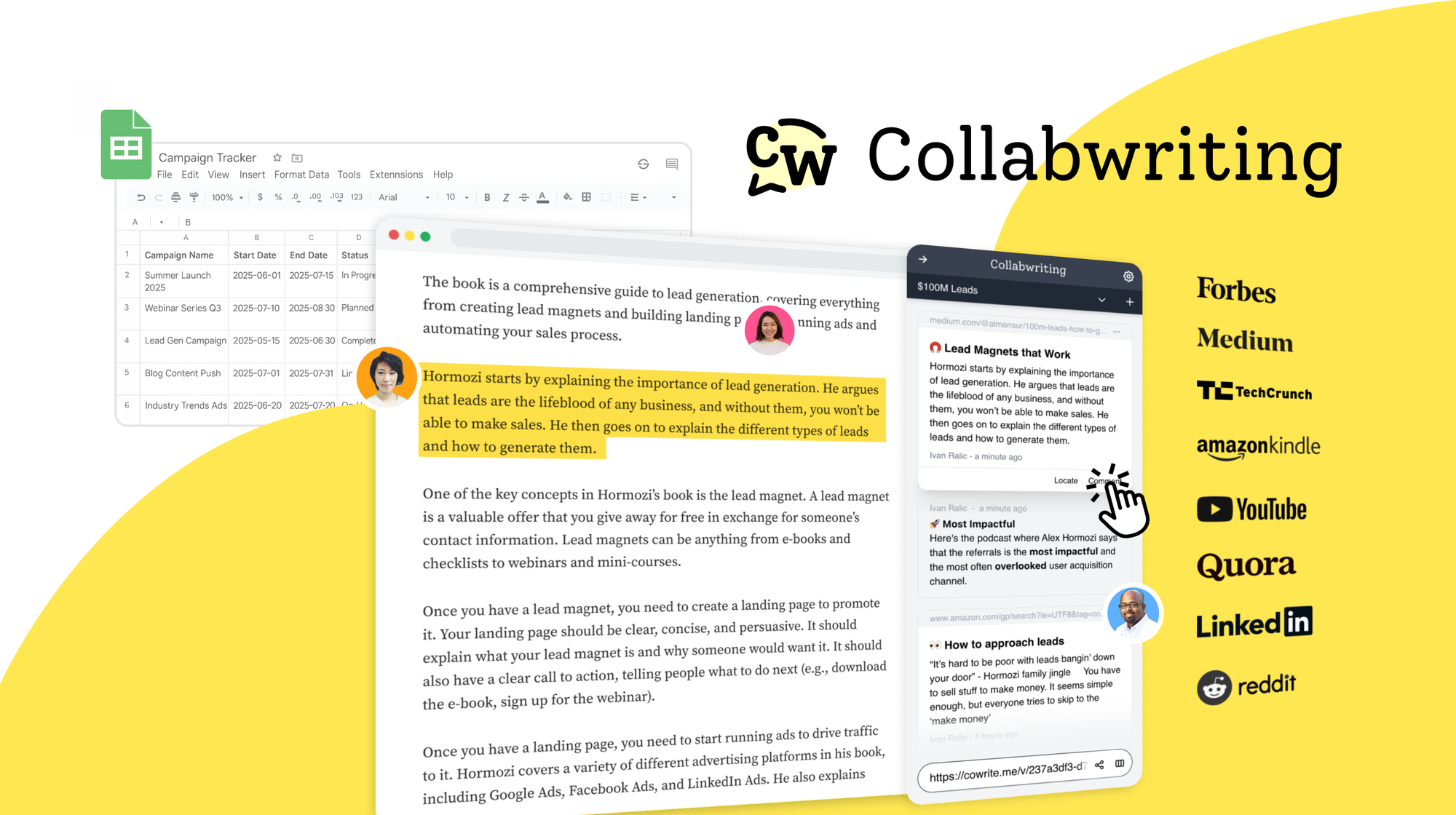What a ride, huh?
At the beginning of 2023, everyone was trying to keep up with all the tech buzz. One moment, a cool gadget dropped, and the next, a rival had something even fancier. It was non-stop.
But that energy rolled on throughout the year, with tons of companies making big waves.
As of October 2023, there were 5.3 billion internet users worldwide, which amounted to 65.7 percent of the global population. Of this total, 4.95 billion, or 61.4 percent of the world's population, were social media users.
Despite an overall decrease in the amount of time that people spend using the internet as a whole, new research from GWI shows that people are spending more time than ever using social media at the start of 2023.
Considering all this, it wouldn't hurt to pause and ask ourselves: How reliable are the bits of info we're taking in and passing around?
The average internet user might not bother with these questions, but if you're a pro doing your research online, it's crucial to know the various ways you can evaluate information.
Why Verifying And Validating Information Is Key For Accurate Insights?
Getting accurate insights requires checking and double-checking information.
When you verify and validate the data, it's like making sure it's legit and trustworthy. This way, you can feel more confident that the conclusions you reach are right on target.
It's all about avoiding confusion, making informed decisions, and building a strong foundation for our analyses.
Businesses today are constantly gathering and analyzing vast amounts of information to understand customer behavior, market trends, and their overall performance.

However, the quality of the data they utilize is a deciding factor in obtaining accurate insights and making informed decisions.
10 Key Questions For Evaluating Information Online
We've discussed different methods of checking information, but let's keep it simple.
Here are the top 10 questions to streamline your evaluation process.
1) Source: Who's behind the content?
Before you get into an article or blog, take a look at who wrote it.
Reputable authors and organizations usually tell you straight up about their experience and affiliations. It's like checking someone's ID before letting them in – a good practice for online reading too!
2) Currency: When was the information published or last updated?
With the internet changing all the time, it's smart to check when something was published. Make sure the info is up-to-date before you start building your knowledge – nobody wants to be stuck with old news.
3) Accuracy: How reliable is the information, and can it be verified from other reputable sources?
Watch out for big statements without solid proof. Think of verifiable information like money – always ask for the receipts. Don't settle for just words; make sure something is backing it up!
4) Relevance: Does the information directly address your topic, or is it off-target?
Personalized, audience-centric, and relevant content should achieve three objectives:
2. Give people what they're looking for.
3. Lines up with what Google likes when deciding which pages to put at the top for certain keywords.
5) Bias Examination: Are there any evident biases in the content, and does it present a balanced view?
Spot and think about any biases in the information.
Look for content that gives you a fair view instead of leaning too much one way. It's like choosing a movie – you want the whole story, not just one side.
6) Purpose: Why was the information created?
Are they trying to inform, convince, entertain, or sell something? It's like figuring out the motive behind a message – knowing the why behind the what.
7) Audience: Who's this info meant for, and does it speak to a particular point of view?
It's like understanding who the message is talking to and whether it's tailored to a specific angle. Considering the audience helps us grasp the context and relevance of the information.
8) Consistency: Is the information consistent with other reliable sources, or does it contradict established knowledge?
It's like fact-checking – making sure everyone's singing the same tune and not marching to a completely different beat.
Check out the 'About Us' section on the website. Legit sources spill the beans on who they are, what they're all about, and what they believe in. If those details are missing, be a bit skeptical – it's like meeting someone new without knowing anything about them.
9) Clarity: Is the content well-written, organized, and easy to understand?
Think of it like reading a good book – the smoother it flows, the better you can follow the story. If it's a jumble of words, it might be time to look for a more straightforward tale.
10) Cross-Verification: Have you validated the information by checking it against other reliable sources?
Verifying the accuracy of your GPS directions includes consulting various maps for a seamless journey.
Similarly, when researching a topic, cross-referencing information from different reputable sources ensures a more dependable and comprehensive understanding.

Collabwriting - Shareable Notes on Web Pages and PDFs
Collabwriting allows you to gather all your online sources in one place. Just highlight, save, and collaborate with anyone on any content you find online.
Final notes
Next time you're diving into research, it wouldn't hurt to take a glance at this set of questions that can be your guide in evaluating information.
While it might seem like a bit of a task, it's better to double-check and be sure than fall into the loop of spreading inaccurate and unverified information, which unfortunately causes a lot of harm.
Being responsible on the internet is pretty much like being responsible for yourself.





![The Best Tool for Collaborative Research in Content Marketing Teams [2026]](/content/images/2025/12/image--5-.png)

![5 Tools Marketers Use to Organize Research - Compared [2026]](/content/images/2025/11/cover-4-1.png)

![Build Credibility in Research: Smart Way to Verify Information and Track Sources Easily [2025]](/content/images/2025/10/covers-for-blog--7--1.png)

![How Marketers Can Turn LinkedIn Content into Collaborative Research [2025]](/content/images/2025/10/covers-for-blog--8-.png)
![Best Readwise Alternative for Personal & Team Research [2026]](/content/images/2025/09/Frame-814--3-.png)

